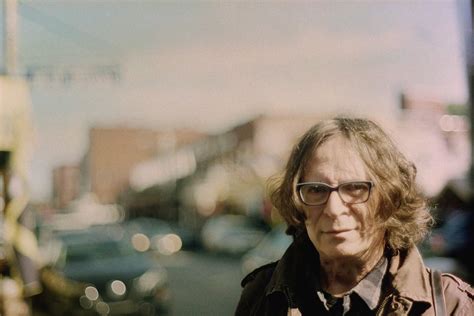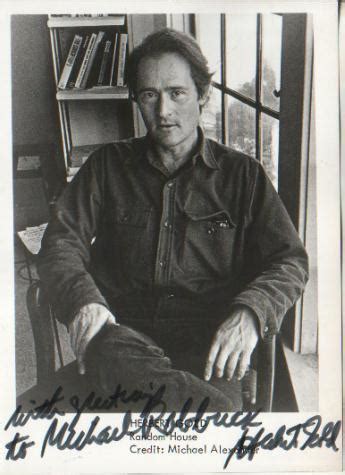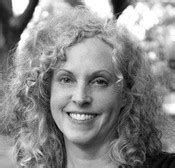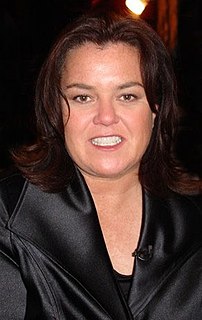A Quote by Paul Auster
I was always very curious as a young man about why older writers who I met seemed so indifferent to what was going on, whereas I, in my 20s, was reading everything. Everything seemed important. But they were only interested in the writers they admired when they were young, and I didn't understand it then, but now, now I understand it.
Related Quotes
I'm not the person I once was. I have Thorn now, and... I'm not fighting for myself anymore....It makes a difference....I used to think you were a fool to keep risking your life as you have...I know better now. I understand...why. I understand...' His [Murtagh] eyes widened and his grimace relaxed, as if his pain was forgotten, and an inner light seemed to illuminate his features. 'I understand-we understand.
I learned to read but not to comprehend, and that might well have stood me in good stead, because what's there to understand, really? Everything I later learned to understand was unspeakably ugly anyway. In time, I bought some rulebooks and squeezed my way onto the honor roll, but, decades later, I've been pointed toward people described as "actively dying" who only now and then seemed to be going about it friskily.There was mostly no hustle I could notice.
From a very young age, my father put a lot of fear in me and it worked. I think it's important for children to have fear. I never was curious about drugs or alcohol. I was born in 1960 and back then the older kids were smoking pot. I wasn't interested in that ever and I always had this thing in me, for some reason, that if God was kind enough to give me a healthy body and mind, I was not going to screw it up.
I always ask young writers, 'Are you certain you want to be a writer? If you're absolutely sure, then do it.' If you really want to write, writing has to take precedence over everything else, except for taking care of your loved ones. It has to be more important than any possession, more important than fame. We hear about just a few writers who get famous, but most of them don't. It's got to mean more than that.
We writers – and especially writers for children, but all writers – have an obligation to our readers: it's the obligation to write true things, especially important when we are creating tales of people who do not exist in places that never were – to understand that truth is not in what happens but what it tells us about who we are. Fiction is the lie that tells the truth, after all.
It just struck me as really odd that there were all of these conversations going on about what young women were up to. Were young women having too much sex? Were young women politically apathetic? Are young women socially engaged or not? And whenever these conversations were happening, they were mostly happening by older women and by older feminists. And maybe there would be a younger woman quoted every once in a while, but we weren't really a central part of that conversation. We weren't really being allowed to speak on our own behalf.
I am always interested in why young people become writers, and from talking with many I have concluded that most do not want to be writers working eight and ten hours a day and accomplishing little; they want to have been writers, garnering the rewards of having completed a best-seller. They aspire to the rewards of writing but not to the travail.
Why are you uncomfortable with the supernaturalist worldview of the biblical writers? Evangelicals don't want to just say, "Well, the inspired writers were wrong about some of their beliefs about the spiritual world and its inhabitants." That really doesn't work in a confessional situation! So instead we come up with excuses and interpretations that allow us to remake the biblical writers in our own post-Enlightenment image. I understand that impulse, but it's not honest.


































